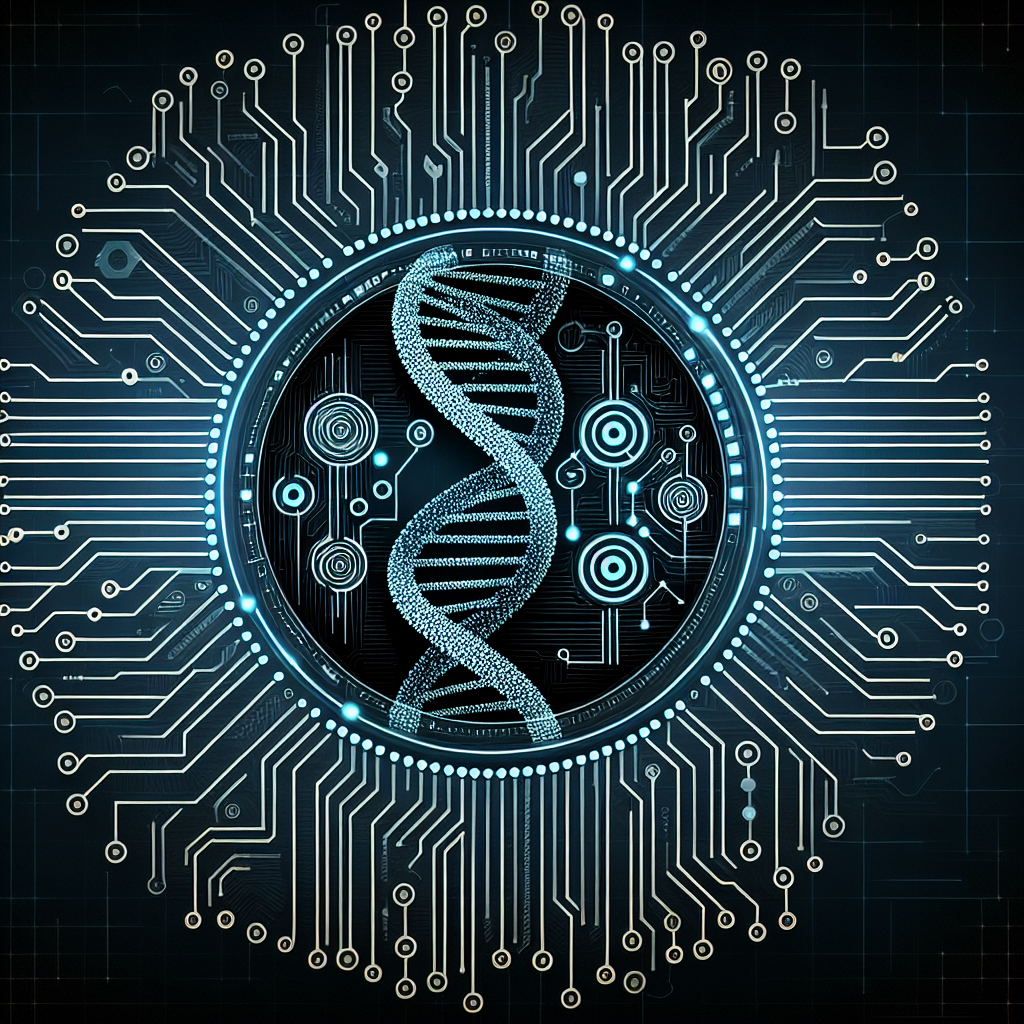Artificial intelligence (AI) has revolutionized many industries in recent years, and one area where it is making a significant impact is in precision medicine. Precision medicine is an approach to healthcare that takes into account individual differences in people’s genes, environments, and lifestyles. By using AI to analyze large amounts of data, healthcare providers can tailor treatment plans to each patient’s unique characteristics, leading to more effective and personalized care.
AI in Precision Medicine
AI has the potential to transform the field of precision medicine in several ways. One of the key benefits of AI is its ability to analyze vast amounts of data quickly and accurately. This includes genetic data, clinical data, and information from wearable devices, such as fitness trackers. By combining these different types of data, AI can help healthcare providers identify patterns and trends that may not be apparent to the human eye.
AI can also help healthcare providers make predictions about a patient’s health. For example, AI algorithms can analyze a patient’s genetic data to determine their risk of developing certain diseases, such as cancer or heart disease. This information can then be used to develop personalized prevention strategies or treatment plans.
In addition, AI can help healthcare providers optimize treatment plans for individual patients. By analyzing data from clinical trials and patient outcomes, AI algorithms can identify which treatments are most effective for specific patient populations. This information can then be used to tailor treatment plans to each patient’s unique characteristics, increasing the likelihood of a positive outcome.
Challenges and Opportunities
While AI has the potential to revolutionize precision medicine, there are also challenges that need to be addressed. One of the biggest challenges is ensuring the accuracy and reliability of AI algorithms. Healthcare providers need to be able to trust that the recommendations generated by AI are based on sound scientific evidence and are in the best interest of the patient.
Another challenge is ensuring the privacy and security of patient data. As AI algorithms rely on large amounts of data to make predictions, there is a risk that sensitive information could be compromised. Healthcare providers need to have robust data security measures in place to protect patient confidentiality.
Despite these challenges, the opportunities presented by AI in precision medicine are significant. By harnessing the power of AI to analyze data and make predictions, healthcare providers can deliver more personalized and effective care to their patients. This has the potential to improve patient outcomes, reduce healthcare costs, and revolutionize the way healthcare is delivered.
FAQs
Q: How is AI currently being used in precision medicine?
A: AI is currently being used in precision medicine to analyze large amounts of data, such as genetic data and clinical information, to help healthcare providers tailor treatment plans to individual patients. AI algorithms can help identify patterns and trends in data that may not be apparent to the human eye, leading to more personalized and effective care.
Q: What are some examples of AI applications in precision medicine?
A: Some examples of AI applications in precision medicine include predicting a patient’s risk of developing certain diseases based on their genetic data, optimizing treatment plans for individual patients based on data from clinical trials, and identifying which treatments are most effective for specific patient populations.
Q: How can healthcare providers ensure the accuracy and reliability of AI algorithms in precision medicine?
A: Healthcare providers can ensure the accuracy and reliability of AI algorithms by validating them against scientific evidence and clinical outcomes. It is important for healthcare providers to have a thorough understanding of how AI algorithms work and to be able to interpret their recommendations in the context of each patient’s unique characteristics.
Q: What are some of the challenges of using AI in precision medicine?
A: Some of the challenges of using AI in precision medicine include ensuring the accuracy and reliability of AI algorithms, protecting the privacy and security of patient data, and integrating AI into existing healthcare systems. Healthcare providers need to have robust data security measures in place to protect patient confidentiality and ensure that AI algorithms are used ethically and responsibly.

